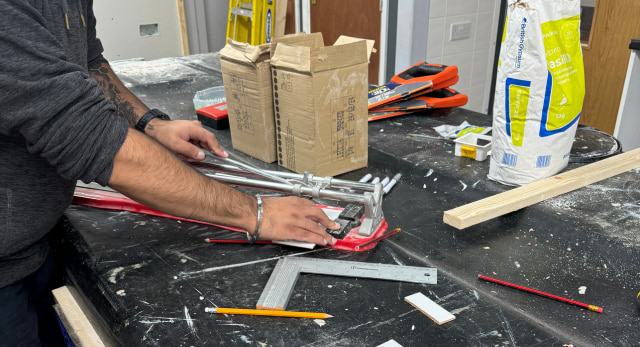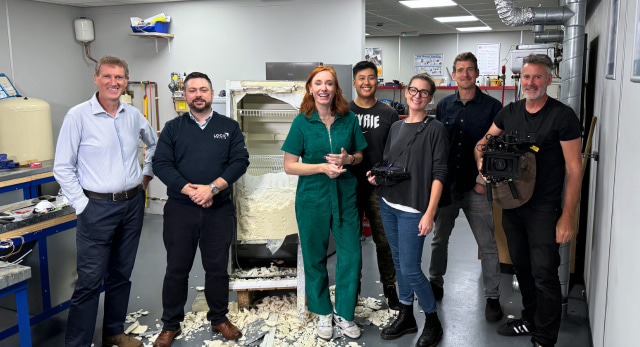The Building Engineering Services Association (BESA) has backed advice published by the Committee on Climate Change (CCC) that recommends a new emissions target for the UK: net-zero greenhouse gases by 2050.
The advice was published in a new government commissioned report, “Net Zero: The UK’s contribution to stopping global warming”, which reassesses the UK’s long-term emissions targets.
Key proposals include:
- making all new buildings net zero carbon within a decade;
- major improvements to the insulation and energy efficiency of existing buildings;
- widespread adoption of low carbon heating solutions
- all new cars and vans should be electric (or use a low-carbon alternative, e.g. hydrogen) by 2035 (rather than the current aim of 2040); and
- legislation committing the UK to 100% reduction in carbon emissions should be put into place “as soon as possible”.
This could be achieved at the same cost as the measures contained in the Climate Change Act i.e. 1-2% of GDP.
The CCC estimates that the transition to low carbon heating solutions will cost about £15bn a year up to 2050 and would involve:
- widespread adoption of heat pumps in place of conventional boiler driven central heating; and
- accelerating the use of district heating and hydrogen.
BESA said these aims were “eminently achievable”.
BESA President, Tim Hopkinson, said:
“This is a huge moment for our industry. All of these things are achievable, and the building engineering sector is in the vanguard of zero carbon action. Additional policy levers will allow us to go further and faster, but we are already delivering low carbon heating solutions; energy efficiency and clean energy projects up and down the country.
“We embrace this vision and that of the climate change activists, who recently took to the streets to champion this issue. However, we would stress to them that we are already on the right track. In 2017, overall emissions had fallen by 43% since 1990 and the building engineering sector has played a key part.
“We acknowledge the need to go further and faster and, if the government turns the CCC recommendations into policy, we can.”
Want to find out more?
Download our FREE “Future-Proof Installer” guide
It’s a great resource to help Building Services Engineering installers get to grips with exciting developments in this area, examining the new markets emerging and looking at the training courses which could help installers to ‘future-proof’ their skills.









